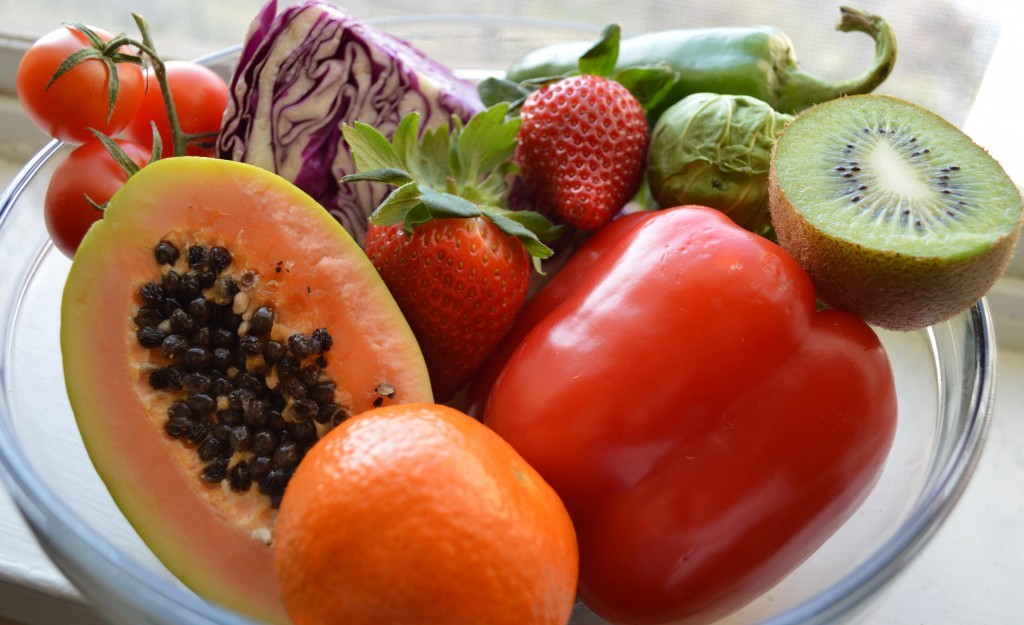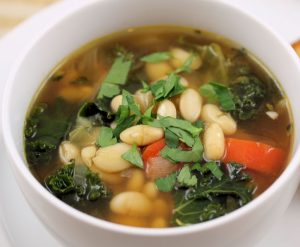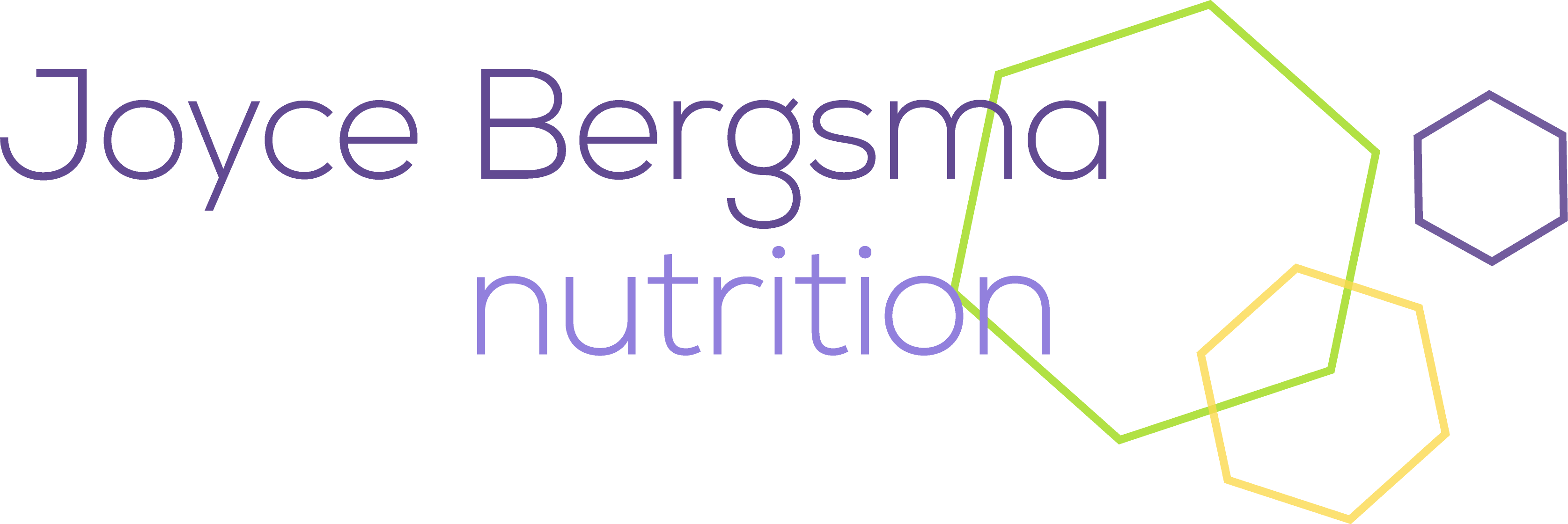
Where we stand with fasting
What does the research say?
I listened to an interesting webinar on Mitochondria by Ray Griffiths recently. Mitochondria are the parts of our cells that hold the energy… a sort of battery for the cell. Ray speaks about these powerhouses in our cells in great detail and, what was most interesting was that they don’t like calories! To be more specific, people who are overweight (and tend to have inflammation throughout their bodies), have lower numbers of mitochondria. This means that overnutrition (too much food in our diets) is making us tired, in addition to leading to diabetes and cardiovascular disease. What was also discovered was that calorie restriction and ketogenic diets contribute to higher energy levels.
(for the geeks here, these diets raise AMPK, which increases PGC-1a, increasing mitochondria production)
What can go wrong?
There are a lot of fad diets out there so don’t embark on one without consulting your doctor or a nutritional therapist. Think about what constitutes a healthy diet; no processed foods or sugar, plenty of fresh fruits and vegetables and sufficient healthy fats and protein sources. Include plenty of water and you can kickstart further benefits with a healthy fast. Without these things, you won’t have sufficient vitamins, minerals, enzymes, proteins, fats and carbohydrates for your body to function properly. You can alter your metabolism, but really put it out of balance without supporting your body. Please, please do NOT:
- fast for longer than a couple of days without support from a professional
- drink only water and maple syrup (even as a Canadian I am saying this!)
- do more exercise other than gentle walks or stretching exercises like a meditative yin yoga/pilates
The definition of fasting
Fasting is an act of willing abstinence or reduction from certain or all food, drink, or both, for a period of time.
Who should NOT fast?
If you have an underactive thyroid or adrenal fatigue you should avoid fasting or you could further exacerbate the issue. Fasting can directly affect these endocrine organs. To find out if you may have these issues click on the links to find out or contact us to arrange a lab test. What is a Healthy Fast? The best fast I’ve seen so far is the very popular 5:2 fast.
The facts
- During the 5:2 fast, you eat ‘normally’ for five days and then ‘fast’ for two, only eating 25% of the normal amount of calories.
- If the average woman eats 2000 calories per day, then during a fasting day she would eat only 500.
- Likewise, a man eating 2500 calories would only eat 600 calories in a day.
Boo calories!
I’m normally dead set against calorie counting as I believe it’s led to a lot of obsession around food. However, in the case of this diet, when I tried it myself, I used a calorie counting app. Only in the first two weeks did I count different meals to see approximately how much I could eat. Then I never looked at it again.
The good
- You to eat very healthy on the fasting days; otherwise only have a couple of cookies for the day!
- On the non-fasting days you tend to eat healthier as well out of newly formed habits and desires
- You lose weight
- Your health markers change, such as blood pressure and cholesterol. Watch the BBC Horizon documentary if you have access or try youtube.
- Energy will be your new best friend, bring it on!
- Mental clarity; good concentration and improved memory
The hunger
I thought the hunger would be unbearable. I thought I would be thinking about food all the time. I’m a terrible snacker so how could I go without food every three hours?! You know what? There is a cap on hunger! Sure, I felt hungry, but where I thought it would get worse and worse…it didn’t. It was at a manageable level. You know what helped? Drinking water and herbal teas (no calories!). Half the time when we reach for food, it’s not hunger we’re responding to – it’s thirst. Check out my first fasting day.
 Typical day 1
Typical day 1
- 7.00 – Wake up and drink a glass of water with half a lemon squeezed in it
- 7.30 – Water, then a cup of tea every 30mins – 1hr
- 11.00 – Breakfast of two eggs cooked with a tiny pat of butter, a small handful of spinach and two mushrooms. Half a slice of wholegrain toast.
- Water or tea as desired for the rest of the afternoon. Keep busy with work, do stretches and breathe some good fresh air.
- 20.00 – Dinner of white bean soup with a veggie stock and a mix of vegetables (I used carrots, tomato, peppers)
- After that water and veggie teas. If I felt my energy lagging (didn’t sleep well the night before), then I might have a black coffee or green tea with no sugar or milk in the afternoon as a special treat
The final word?
From my personal experience, the experience of my personal network and also in my professional opinion, I feel this is a fast that can add benefit to many lives. People who experience calorific restriction around the world (either by choice or imposed by their location and lifestyle) tend to live longer. I’m talking specifically about those areas around the world that are covered in the book The Blue Zones, although I’m sure there are more.

